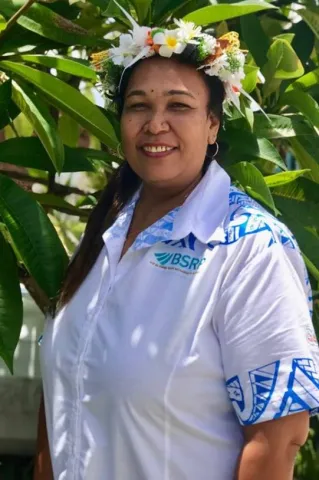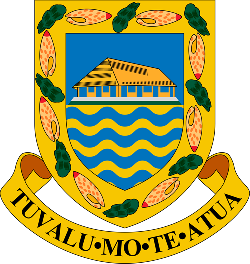Description
Coordinator: Kilateli Epu
Contact: kilateli@gmail.com
Phone #: 00688- 20517
Partnerhsip House,
Deparment of Climate Change and Disaster

The Buildind Safety and Resilience in the Pacific project (BSRP) is commited to reducing the impacts of disaster and climate change on Pacific Island countries and communities. This is done through stregthening the region's ability to respond to existing and emerginf challenges caused by hazards and climate change and is being achieved through targeted disaster resilience strategies and climate adaptation work.
To help overcome these challenges the Building Safety and Resilience in the Pacific project is helping find practical ways to support countries to prepare for, respond to and recover from disaster. This is done through the implementation of Disaster Risk Reduction (DRR) strategies led by the countries involved in the project. These DRR strategies help assess disaster and hazard risks whilst putting measures in place to protect lives, assets and livelihoods.
The benefit of this approach ensures governments are working to the unique priorities being faced in their individual country whilst ensuring less money is spent on disaster recovery and more is spent on helping build social and economic prosperity. The Building Safety and Resilience in the Pacific project (BSRP) is helping to achieve this by working at national and regional levels with those tasked as the national disaster managers and other key stakeholders to help countries achieve higher development outcomes into long-term.

